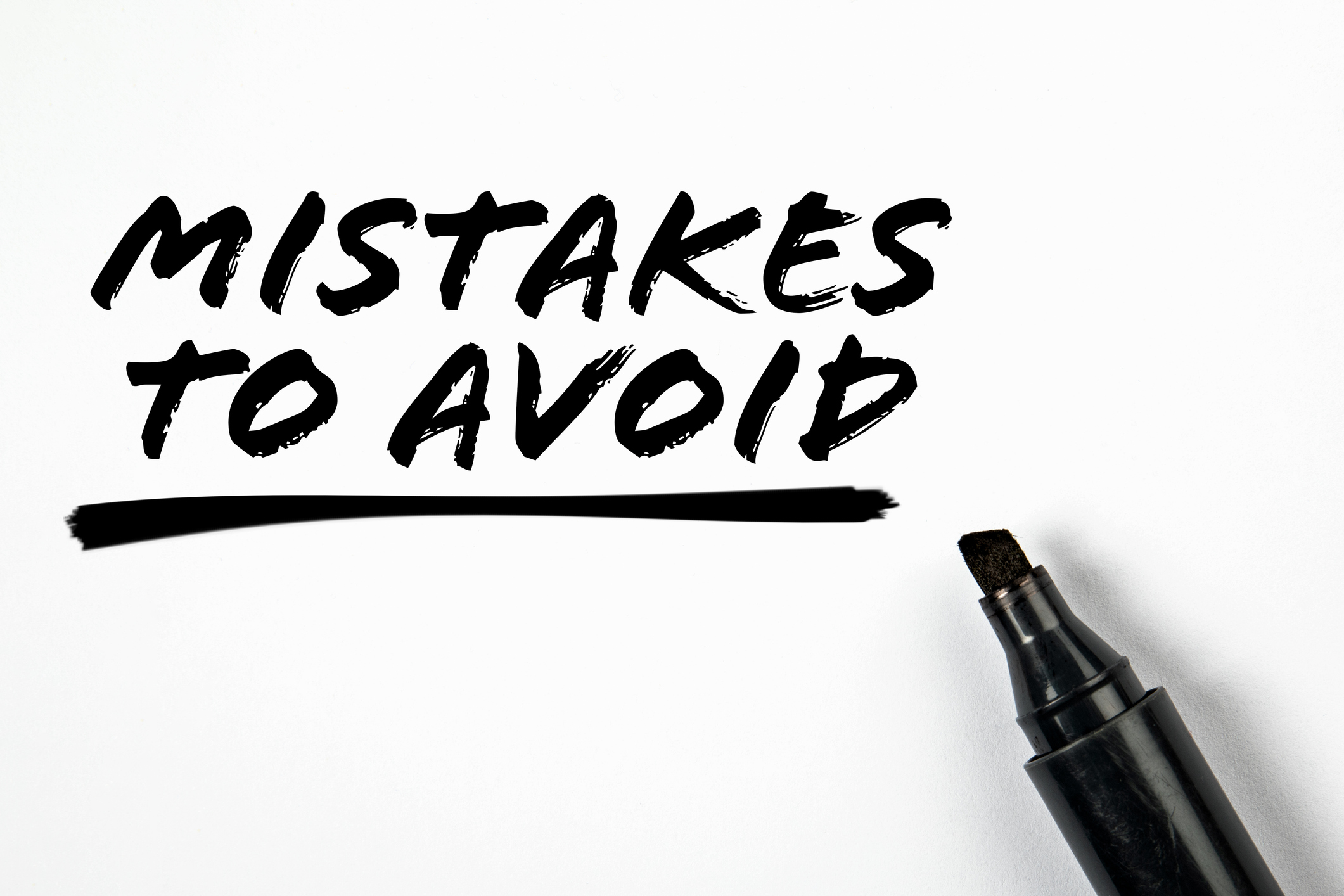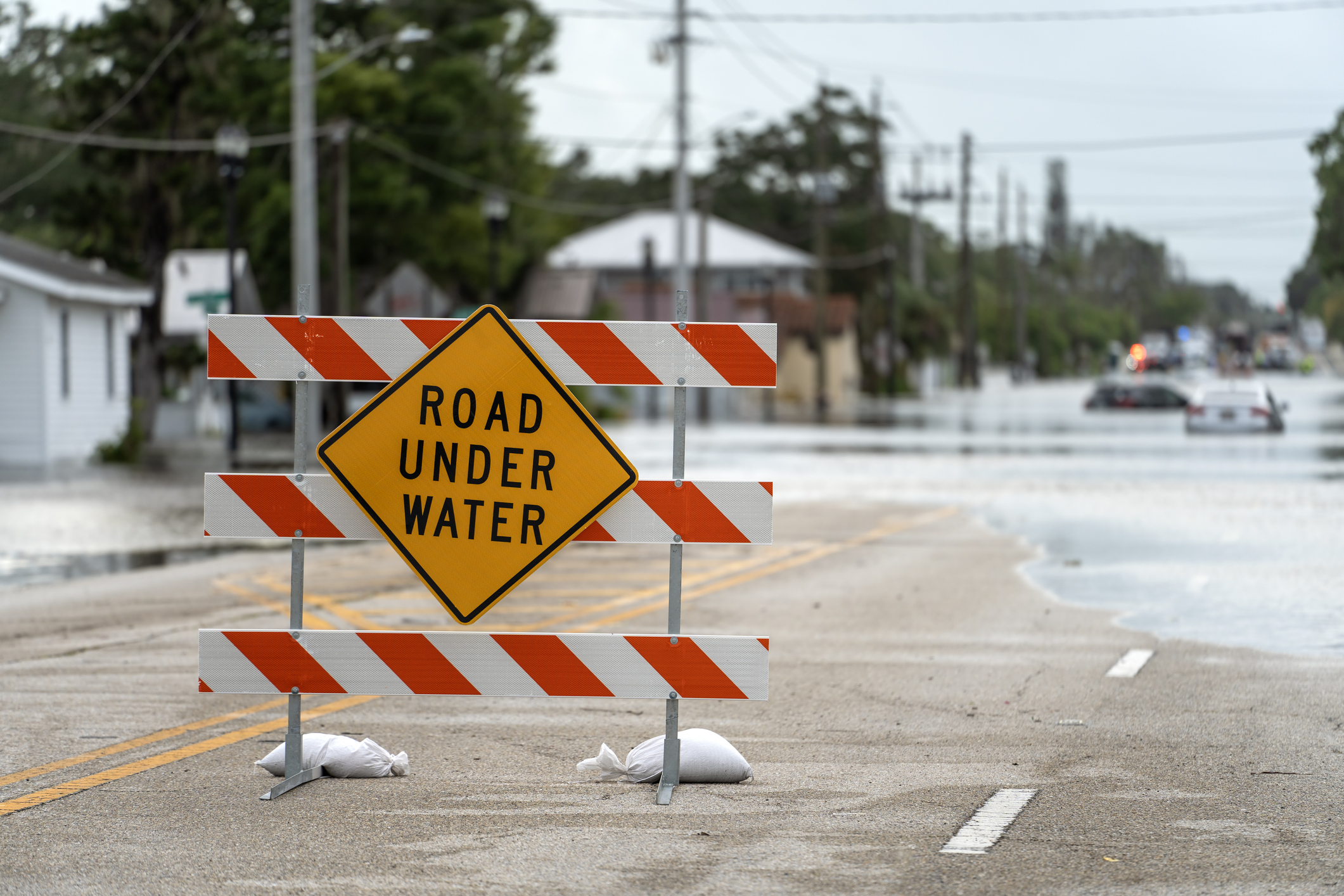After twelve years of Jay Inslee’s time as governor, he leaves with a record of missed opportunities to leave the state better than he found it. Washington has one of the largest budget shortfalls in state history, falling student test scores, high cost of living, a poor environmental record and many other challenges.
Washington has been blessed with governors who are models of successful governance. Governor Chris Gregoire and Governor Dan Evans both showed that transparent leadership brings people together to solve tough problems. That hasn’t been the approach of the last dozen years.
A look back provides some key lessons that can put Washington on the path to fixing those problems. Here are three that stand out.
First, bravado is not leadership.
Toward the end of Inslee’s book “Apollo’s Fire,” he and his co-author wrote that rather than make “vague surmises” about the future and risk being proven wrong, they made predictions because “your authors are made of sterner stock.” Contrary to the bluster, the vast majority of those predictions turned out to be badly off the mark.
And yet, the governor routinely cited his book as evidence of his leadership on climate policy. It was the boldness of the tone, not the accuracy of his thinking, that was the key.
This was a pattern. In 2021 the governor signed an executive order requiring that 40 percent of the state’s vehicle fleet would be EV by 2025. Two weeks after the announcement he met with advisors about his order and asked, “have we figured out what portion of our turnover have to be fully electric to get there?” He signed the executive order and set out the press releases without checking to see if it was possible.
In fact a study from a state agency declared, “the State of Washington is unlikely to meet the [battery electric vehicle] goals” created by the governor.
Washington can solve the many problems it faces, but only if legislators prioritize results over bravado.
Second, effective government requires accountability.
Invariably, even the best-intentioned government policies will fail due to lack of information or because politics superseded reality. Whatever the cause, without accountability there is little incentive for politicians to acknowledge a plan didn’t work and change course. Nobody likes to admit failure and the easiest path is to keep doing the same thing.
Governor Inslee seemed to acknowledge this fact when he created Results Washington in 2013 to track how the state was doing at meeting key goals. With the standard bravado, Inslee declared “holding ourselves accountable for results to the citizens of Washington isn’t politically expedient, but it clearly is the right thing to do.”
However, when the results didn’t live up to Inslee’s promises, he did what so many other politicians do – he ducked accountability. Facing the failure of virtually all of his climate goals he hid the data showing the failure.
When a reporter tried to ask Inslee about those failures, the governor backed out of a promised interview.
Ultimately, given a choice between political expediency and doing the right thing, Inslee chose politics, and Washington has repeatedly failed to its goals for the environment, traffic congestion, educating children, and other issues.
Members of the media failed as well. In much the same way many refused to admit Joe Biden’s infirmities, there were very few stories from Washington state media outlets holding the governor accountable for his failure to live up to his own climate promises.
Third, divisiveness is not righteous.
It is now a cliché in these partisan times to note that many politicians tear others down to build themselves up. It was a button the governor pushed repeatedly. That reflex undermined his ability to solve problems.
Perhaps the best example is the fact that the legislature kept the governor out of its budget negotiations, even when Democrats controlled both legislative chambers. The governor simply could not do the hard work of working with others to find solutions, even when it was his own party.
This was a pattern the governor established early. In 2013, having created a bipartisan panel on climate policy, the governor deliberately undermined that group, signing a secret climate deal with other West Coast states. Emails show the governor’s office intentionally hid that agreement from the panel. Getting bipartisan agreement on climate policy would have been tough, but Inslee destroyed the opportunity in the early stages.
Washington state faces very difficult challenges in the upcoming years. Washington state is falling behind on job creation, school test scores, environmental restoration, cost of living and many other areas. After twelve years of bravado, a lack of transparency and divisiveness that substituted for effective leadership, it is time for a different approach.




